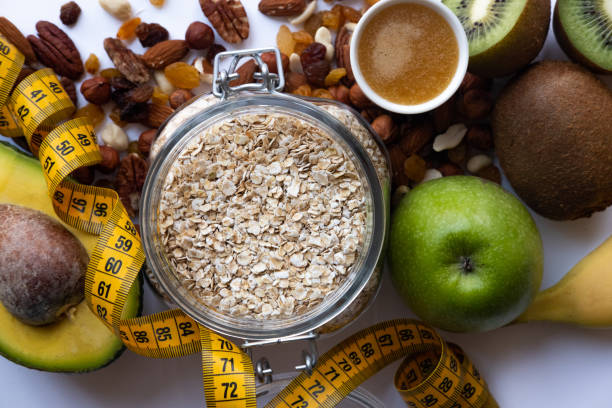Whole grains are rich in both soluble and non-soluble fiber, which is good for your health. Try a variety of entire grains this year, including spelled and amaranth.
The rise and fall of the vegetable
This year, we predict a huge shift towards vegetarian dishes on the menus of weeknight meals. The classic recipes that use vegetable substitutes are sure to please meat lovers.
Consume more canned salmon.
Did you know that canned salmon contains a high amount of calcium and omega-3? You’ll see this affordable alternative in many recipes that use fresh salmon.
Reduce the sodium
Choose lower sodium alternatives or, better yet, make your sauces, stock, and soups to ensure you know exactly how much salt is added.
Become label aware
Do not rely solely on the health rating stars that appear on packaged and canned goods. Find out what to look for when it comes to serving size, fats or fiber, sodium levels, sugars, or preservatives.
Spice up your pantry.
Turmeric has been hailed as the wonder food of antioxidants, but other spices are also beneficial to your health. Add more chilies, saffron, and sage to your dinner this year.
Eat more seaweed
Seaweed has been dubbed the “new superfood.” Other seaweeds we can expect to see this year are kelp, dulse, kombu, and arame.
Try yogurt with vegetables.
In 2017, it was predicted that vegetable yogurts would become popular, combining vitamins and probiotics into one delicious package.


